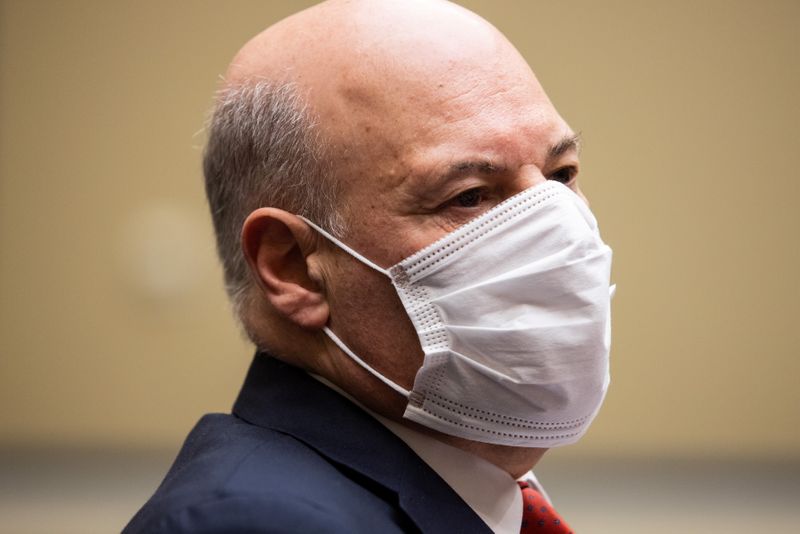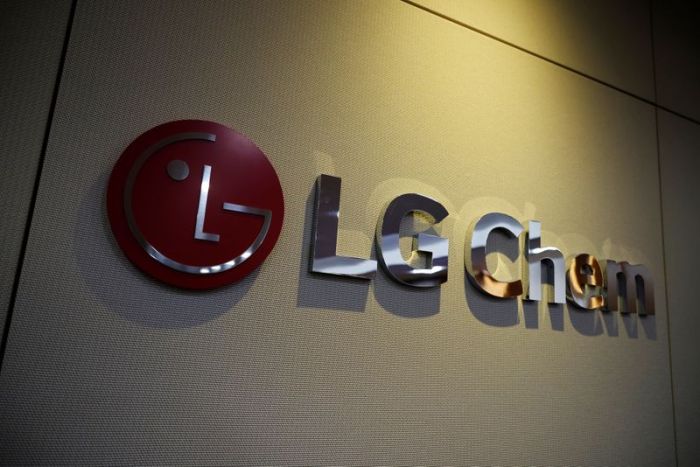WASHINGTON (Reuters) – U.S. Postmaster General Louis DeJoy told lawmakers on Thursday that there are still “extreme delays” in some mail deliveries and that a 10-year strategic plan will revise existing service standards.
DeJoy also informed lawmakers in a letter seen by Reuters that the U.S. Postal Service (USPS) needs about $8 billion to electrify its forthcoming delivery vehicles fleet to the “maximum extent” feasible.
The letter said that as many as 12,500 postal routes “make electric vehicles unfeasible or impractical.” With the “right level of congressional support,” DeJoy said he could commit “to a majority of the Postal Service’s delivery fleet being electric within 10 years.”
In February, electric-vehicle maker Workhorse Group Inc lost out when USPS awarded a $482 million contract to Oshkosh Defense to finalize production for the next-generation postal vehicles.
Last month, DeJoy said USPS was committed to having EVs make up at least 10% of its new fleet.
The USPS faces a $160 billion projected loss over the next decade and is looking to cut costs as it faces shrinking first-class mail volumes, DeJoy told a hearing of the House of Representatives Appropriations subcommittee.
The reorganization would keep existing six-day delivery and would not close rural or small post offices. But he acknowledged service standards will be relaxed as part of the plan.
The current standards are “not achievable,” DeJoy said. “We cannot go to California from New York in three days without going on planes and we don’t own planes.”
Last week, USPS said it was offering early retirement to thousands of non-union employees as it consolidates postal districts in an effort to stem billions in red ink.
The USPS faces shrinking volumes of first-class mail, increased costs of employee compensation and benefits, and higher unfunded liabilities.
It reported net losses of $86.7 billion from 2007 through 2020. One reason is 2006 legislation mandating that it pre-fund more than $120 billion in retiree health care and pension liabilities, a requirement labor unions have called an unfair burden not shared by other businesses.
Draft House legislation in circulation includes eliminating a requirement to pre-fund retiree health benefits and have employees enroll in government-retiree health plan Medicare for a saving of $40 billion to $50 billion over 10 years.
(Reporting by David Shepardson; editing by Jonathan Oatis and Grant McCool)























